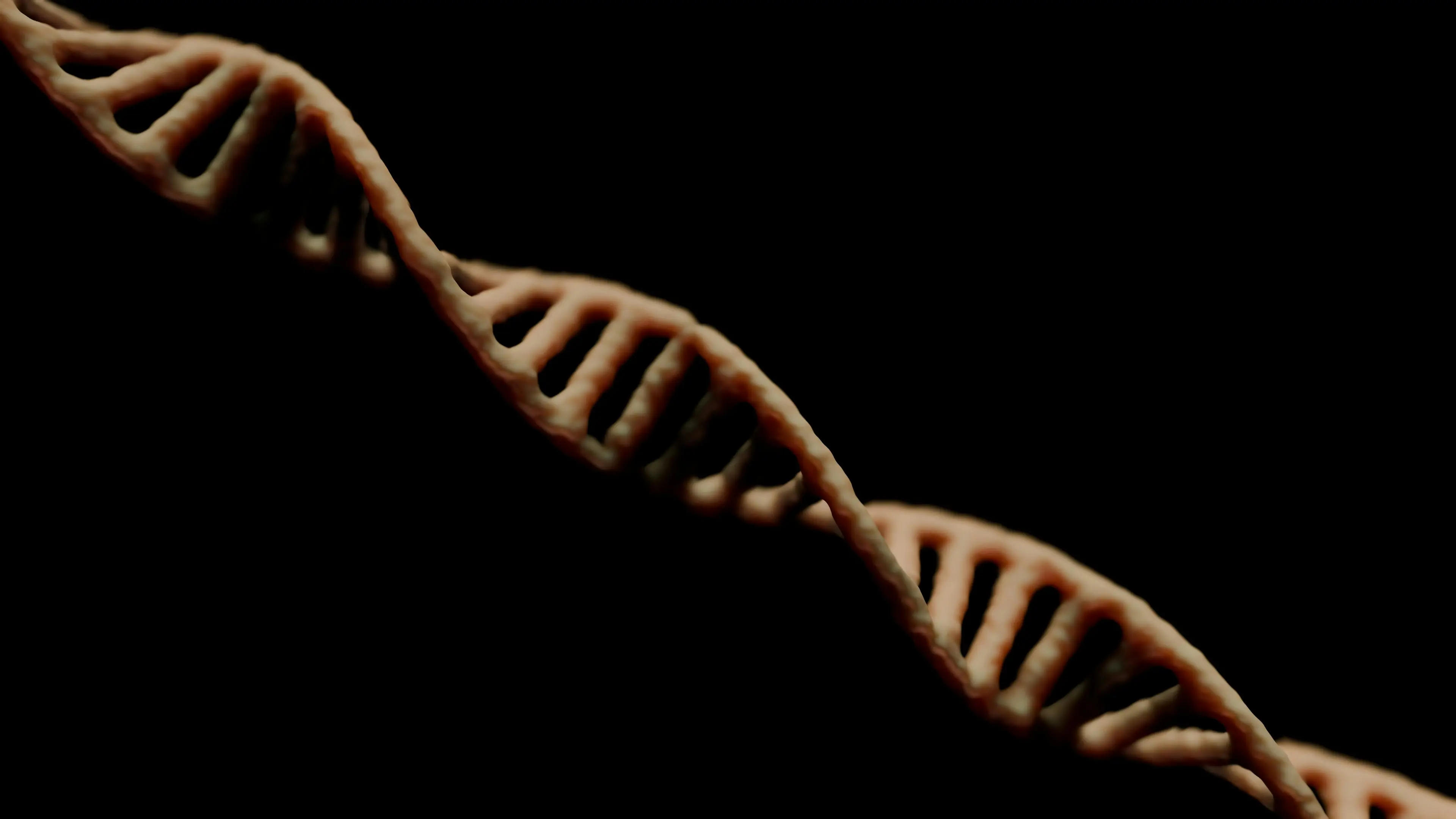Mild Infections, Devastating Consequences: Gene Mutation Linked to Childhood Paralysis

A team of scientists at The University of Manchester has identified a rare genetic condition that causes sudden and severe paralysis in children, triggered not by trauma or major illness, but by seemingly harmless infections like the common cold.
The breakthrough discovery sheds light on a previously unexplained neurological disorder, in which affected children suffer rapid and often permanent nerve damage following mild viral or bacterial infections. In each case, doctors had been baffled by the sudden onset of symptoms, until now.
By analyzing the genomes of multiple children affected by the condition, researchers found a shared mutation in the SLC5A7 gene, which is crucial for the function of motor neurons. This gene is responsible for transporting choline, a building block of the neurotransmitter acetylcholine, which nerves use to communicate with muscles.
Without enough choline transport, the neuromuscular system becomes fragile, leaving children vulnerable to catastrophic nerve failure. What's especially alarming is that this damage seems to occur in response to mild immune challenges, such as common childhood infections that would otherwise resolve without issue.
“It’s a devastating condition for families,” said Professor Graeme Black, one of the lead researchers. “But understanding the genetic cause means we can now work toward early diagnosis, better management, and possibly even targeted therapies in the future.”
The study used genomic sequencing and cellular analysis to confirm that the mutation disrupts acetylcholine transport, causing stress in nerve cells that ultimately leads to degeneration. The findings also highlight the critical importance of precision medicine, where understanding an individual’s genetic makeup can help predict vulnerability to otherwise routine illnesses.
While this mutation is rare, the discovery could have wider implications for other neuromuscular and immune-related conditions, and underscores the complex relationship between genetics, immunity, and nerve health.
The researchers hope their work will lead to screening tools for early detection and help protect vulnerable children from life-altering outcomes.